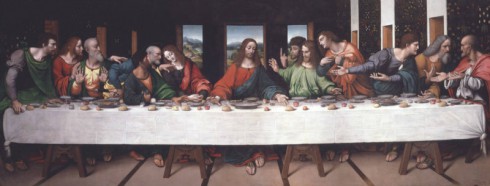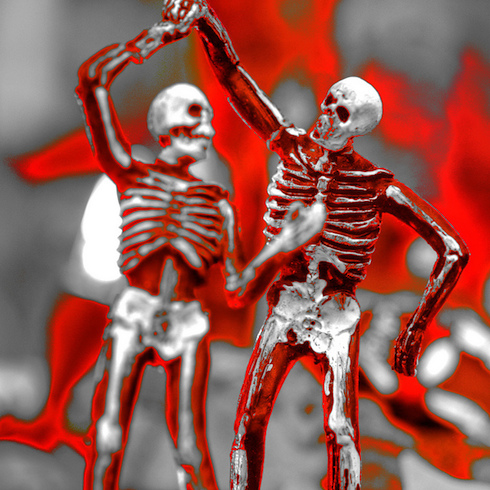Why is Friday the 13th considered unlucky?
It’s the 13th of the month and a Friday — so everyone knows what that means. But, why is Friday the 13th considered unlucky?
Most experts agree Friday is stigmatized because it’s the day Jesus was crucified. Michael Bailey, a history professor at Iowa State University who specializes in the origins of superstitions, told USA Today the final day of the work week has been associated with “general ill omen” ever since. Traditionally, the day was also reserved for unpleasant tasks like executions while medieval Christians refused to marry on Fridays.
There’s bit more debate when it comes to “13.” Some believe the unlucky number is again rooted in Christian tradition because Judas Iscariot, the disciple who betrayed Jesus, was supposedly the 13th and final guest at the Last Supper.
However, Donald Dossey, the author of Holiday Folklore, Phobias and Fun, told National Geographic he’s traced the fear of 13 to Norse mythology in which the 13th god at a dinner party arranged for the death of another.
“The whole Earth got dark. The whole Earth mourned. It was a bad, unlucky day,” he said, adding 13 has been considered ominous and foreboding ever since.
A final theory is that many cultures consider 12 to be a “complete” number — thanks to 12 months in the year, 12 signs of the zodiac, 12 Gods of Olympus, 12 Jyotirlingas or Hindu shrines where Shiva is worshipped, 12 successors of Muhammad in Shia Islam, 12 tribes of Israel, etc. Add one more on there to make 13 and balance topples.
As for why Friday the 13th is specifically stigmatized, it seems to be a coincidental collision of two time-honored superstitions. Interestingly, it wasn’t referenced in any known texts until the 19th century and many historians agree superstition about the date really ramped up with 1980’s Friday the 13th film. However, that doesn’t make the fear any less real to people with “paraskavedekatriaphobia,” the phobia of Friday the 13th.








